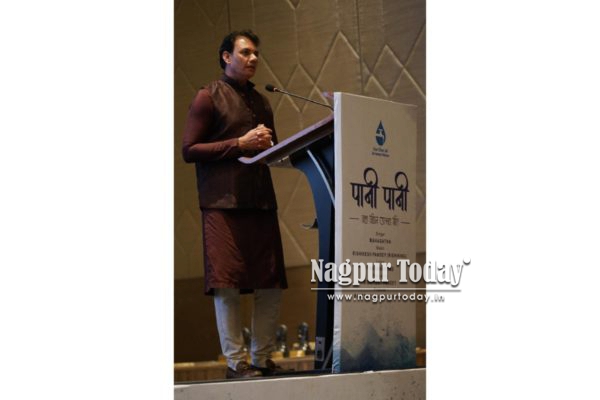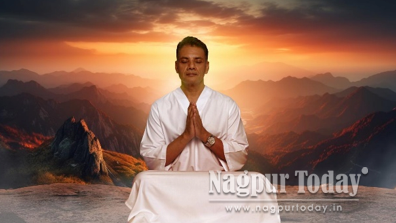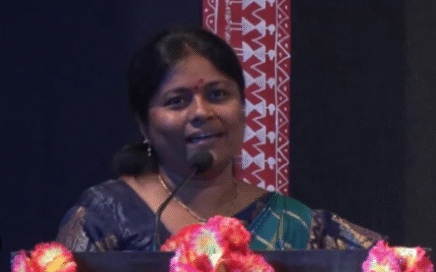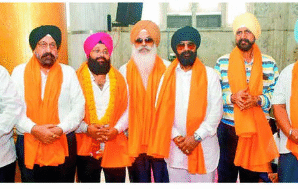In a region long burdened by water scarcity, a meaningful intervention has changed the lives of an entire village in central India. Oshmin, known more commonly for his work in mindfulness and sustainable living, has extended his commitment to wellness into the physical realm by funding and facilitating the installation of a community borewell in his ancestral village. The initiative reflects a deeply personal response to a collective crisis and serves as a microcosm of what sustainable rural intervention can achieve.
What makes this story even more compelling is the man behind it. Oshmin, whose real name is Rakesh Chandra, is a successful businessman who has chosen to dedicate his life to the service of society. Inspired by the teachings of Osho and drawn to the path of spirituality, he adopted the name Oshmin to reflect his inner journey. His mission now centers around holistic rural upliftment through the promotion of mental well-being, sustainable living, and environmental stewardship.
Through his organization, the Oshmin Foundation, he is actively working to build a healthier relationship between people and nature. One of the foundation’s flagship initiatives, Friendship with Nature, promotes environmental awareness and ecological conservation, particularly among children and youth. Simultaneously, in an effort to make meditation accessible to marginalized communities, the foundation runs the Dhyan Utsav campaign, offering free meditation camps in rural areas. These programs are rooted in the belief that inner peace and outer sustainability must go hand in hand.
The village where Oshmin recently intervened had, for decades, struggled with inadequate access to clean water—especially during summer months when traditional sources such as ponds and hand pumps would dry up entirely. Women and children bore the brunt of the crisis, often walking over a kilometre each day to fetch water. The burden not only affected public health but also disrupted children’s education and hindered women’s participation in economic or personal growth activities.
Moved by the enduring struggles of his grandmother’s village, Oshmin sought a long-term solution rather than temporary relief. After conducting a geological survey with the help of local engineers, a borewell was drilled at an optimal location to ensure sustainable water yield. The newly operational source now serves over a hundred households, transforming daily life in measurable ways—from improved hygiene to reduced incidence of waterborne diseases.
This local intervention aligns with wider national and international concerns. According to data from India’s Ministry of Jal Shakti, nearly 42% of rural households in India still lack regular access to safe drinking water. Meanwhile, UNESCO’s World Water Development Report 2023 warns that by 2050, over 5 billion people globally could face inadequate access to water at least one month per year, with South Asia among the most vulnerable regions.
Oshmin’s initiative stands as a response not just to environmental scarcity, but to the growing call for integrated, community-led solutions to development challenges. It exemplifies how small-scale yet targeted actions can bring about broad societal impact—improving education, empowering women, enhancing health outcomes, and restoring a sense of dignity and stability.
In an era where discussions around sustainability often remain abstract, this initiative reminds us that profound change begins beneath the surface—literally and metaphorically. It also underscores the potential of conscious individuals to fill the gaps where policy, funding, or infrastructure often fall short.
As the world grapples with worsening climate realities and escalating water stress, this story from a remote village offers both insight and inspiration: that access to clean water should not be a privilege, but a shared human responsibility.
















